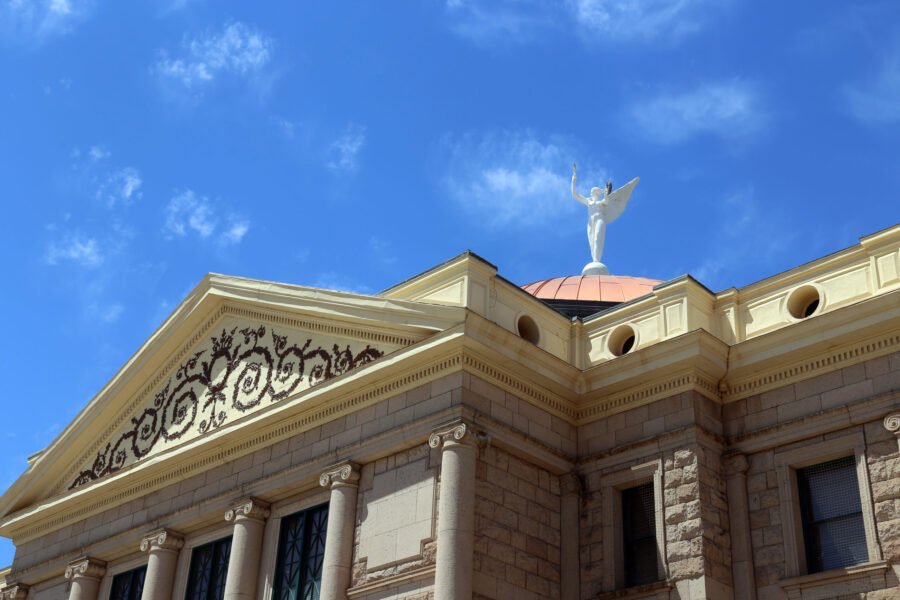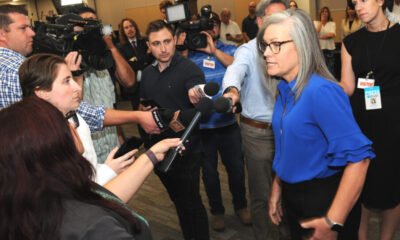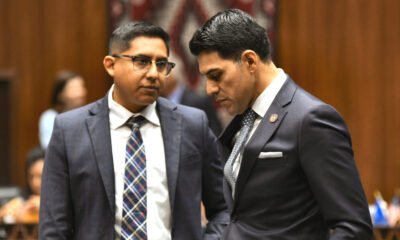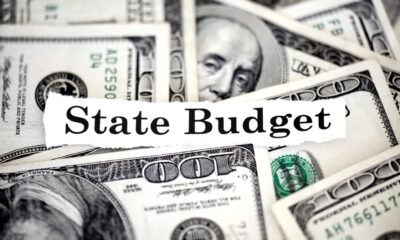arizona
As Budget Deadline Approaches, State Officials Kickstart Crucial Talks

Arizona’s government faces a critical deadline, with less than 40 days to finalize the state budget and avoid a shutdown. Lawmakers from both parties are under pressure as negotiations accelerate.
The cause of the budgetary delays primarily stems from uncertainty surrounding state tax revenues. Initially projected to bring in $612 million in new revenue this year, estimates were drastically revised down to $277 million due to concerns about federal tariffs and potential recessions impacting spending.
Conversations between Republican lawmakers and Democratic Gov. Katie Hobbs, though characteristically contentious, have begun in earnest. At the center of these discussions is the extension of Proposition 123, a 2016 measure aimed at increasing teacher salaries through the state land trust.
With the proposition set to expire, GOP lawmakers opted to postpone voter approval for its extension until 2026. This decision is intertwined with their desire to attach constitutional protections to Arizona’s universal school voucher program, a move that Gov. Hobbs has publicly opposed.
Despite this impasse, recent tax collection data offers a glimmer of hope; April’s revenue numbers exceeded expectations by $207 million. This increase was largely driven by a rise in individual income tax payments, yet budget analysts urge caution, as much of the gain stems from atypical capital gains tax revenue.
House Speaker Steve Montenegro stressed the fragile state of the economy and its implications for the budget. He noted, “There isn’t a lot of room here,” highlighting the delicate balance lawmakers must navigate.
Sen. John Kavanagh indicated that formal budget discussions could commence imminently, although no meetings were confirmed as of late May. Meanwhile, Hobbs has expressed optimism about reaching a bipartisan agreement.
In January, Hobbs introduced her proposed budget, yet Republicans have not offered any comprehensive plan, consistently rejecting her calls to amend the voucher program. Time is running short, and the governor insists on further collaboration, saying, “We have to get something done.”
Hobbs’ proposal includes significant funding requests, such as $112 million for childcare subsidies and nearly $50 million for scholarships in critical fields. However, GOP leaders have focused on a different agenda, advocating for a $250 million allocation split between the governor’s office and Republican lawmakers.
Concerns also loom over Arizona’s Medicaid program, as increased costs are expected due to the needs of sicker beneficiaries. This points to a wider array of spending pressures that the state faces as budget discussions unfold.
As both sides navigate a landscape fraught with fiscal responsibilities and political agendas, they are reminded that compromise is crucial. The remaining weeks will be pivotal in determining the state’s financial trajectory as the June deadline approaches.


















